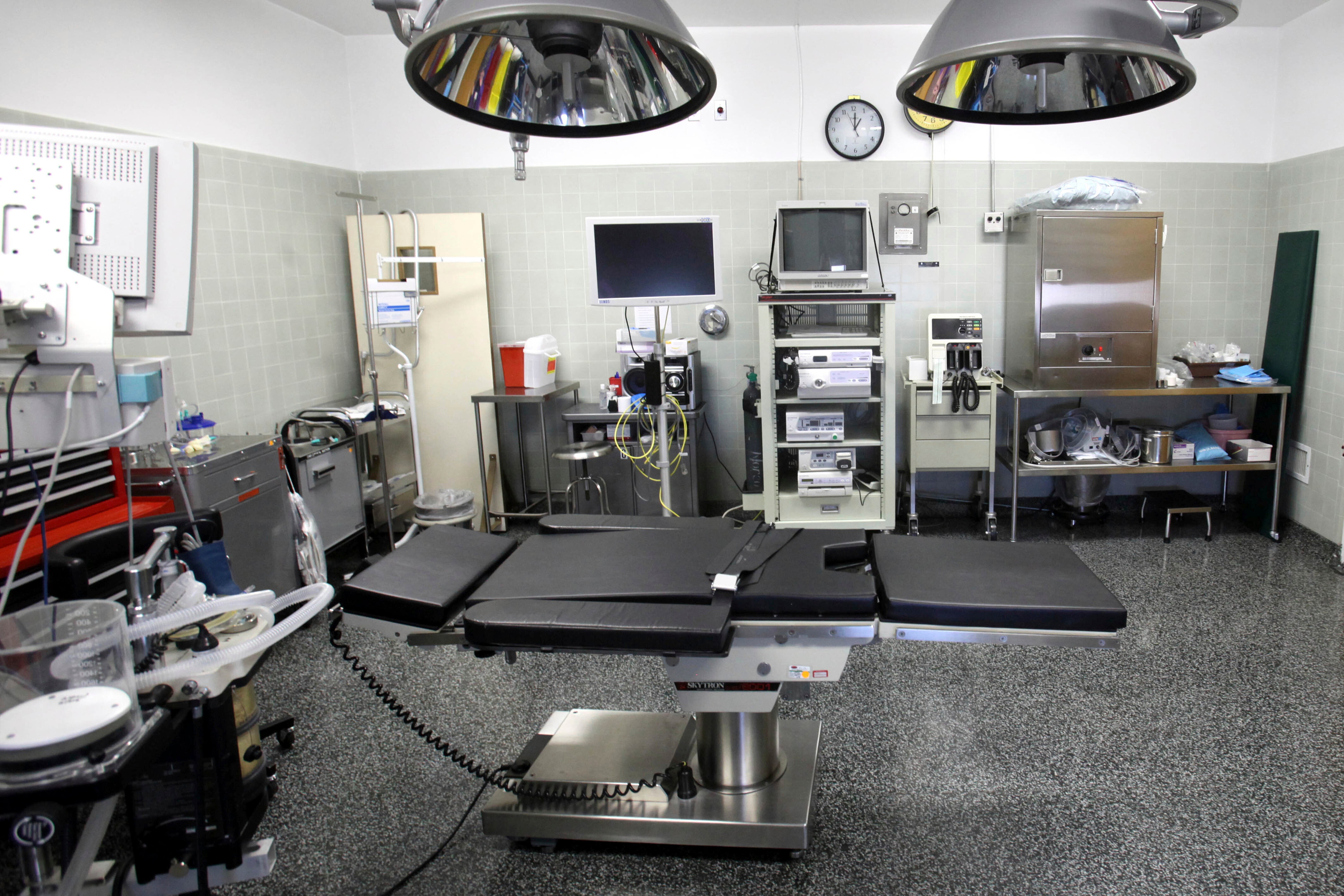Hospitals must obtain written consent for pelvic and similar exams, the federal government says
New federal guidance says hospitals must obtain written informed consent from patients before subjecting them to pelvic exams and exams of other sensitive areas — especially if an exam will be done while the patient is unconscious

Your support helps us to tell the story
From reproductive rights to climate change to Big Tech, The Independent is on the ground when the story is developing. Whether it's investigating the financials of Elon Musk's pro-Trump PAC or producing our latest documentary, 'The A Word', which shines a light on the American women fighting for reproductive rights, we know how important it is to parse out the facts from the messaging.
At such a critical moment in US history, we need reporters on the ground. Your donation allows us to keep sending journalists to speak to both sides of the story.
The Independent is trusted by Americans across the entire political spectrum. And unlike many other quality news outlets, we choose not to lock Americans out of our reporting and analysis with paywalls. We believe quality journalism should be available to everyone, paid for by those who can afford it.
Your support makes all the difference.Hospitals must obtain written informed consent from patients before subjecting them to pelvic exams and exams of other sensitive areas — especially if an exam will be done while the patient is unconscious, the federal government said Monday.
New guidance from the U.S. Department of Health and Human Services now requires consent for breast, pelvic, prostrate and rectal exams for “educational and training purposes” performed by medical students, nurse practitioners or physician assistants.
The department's release said the guidance was issued to “reiterate and provide clarity” regarding hospital consent requirements. Federal regulations previously mentioned obtaining consent for “important tasks” related to surgeries, and did not provide the level of detail about medical students.
If hospitals don’t obtain explicit consent, they may be ineligible for participation in Medicare and Medicaid programs, and also may be subject to fines and investigations if they violate patient privacy laws, Office of Civil Rights director Melanie Fontes Rainer said.
Doctors and medical students sometimes perform exams of sensitive areas for training purposes when a patient is under anesthesia. At least 20 states have passed laws requiring a patient's consent.
HHS Secretary Xavier Becerra and other top health officials criticized these exams happening without explicit consent in a letter sent to teaching hospitals and medical schools Monday. The letter said hospitals need to set “clear guidelines to ensure providers and trainees performing these examinations first obtain and document informed consent.”
It's difficult to say how often these exams take place, experts said, or how often patients understand what they're consenting to when they sign forms before surgery giving broad consent for a range of procedures.
The letter is a “critical leap forward in protecting patients and medical residents," Scott Berkowitz, founder and president of the Rape, Abuse and Incest National Network, said in a statement.
“It’s a shocking problem with a very simple solution — hospitals need to ask for consent clearly and explicitly,” he said.
Alexandra Fountaine, a medical student at Ohio University who testified in front of a state House committee against the practice, was skeptical that the letter would result in “actual policy or real change.” But, she added, it made her feel more protected and respected.
“Something like that happening is my biggest fear,” she said. “As women we’re all afraid of being violated on a daily basis … but when we’re put in very vulnerable positions, like being anesthetized, I think that’s especially terrifying.”
___
The Associated Press Health and Science Department receives support from the Robert Wood Johnson Foundation. The AP is solely responsible for all content.